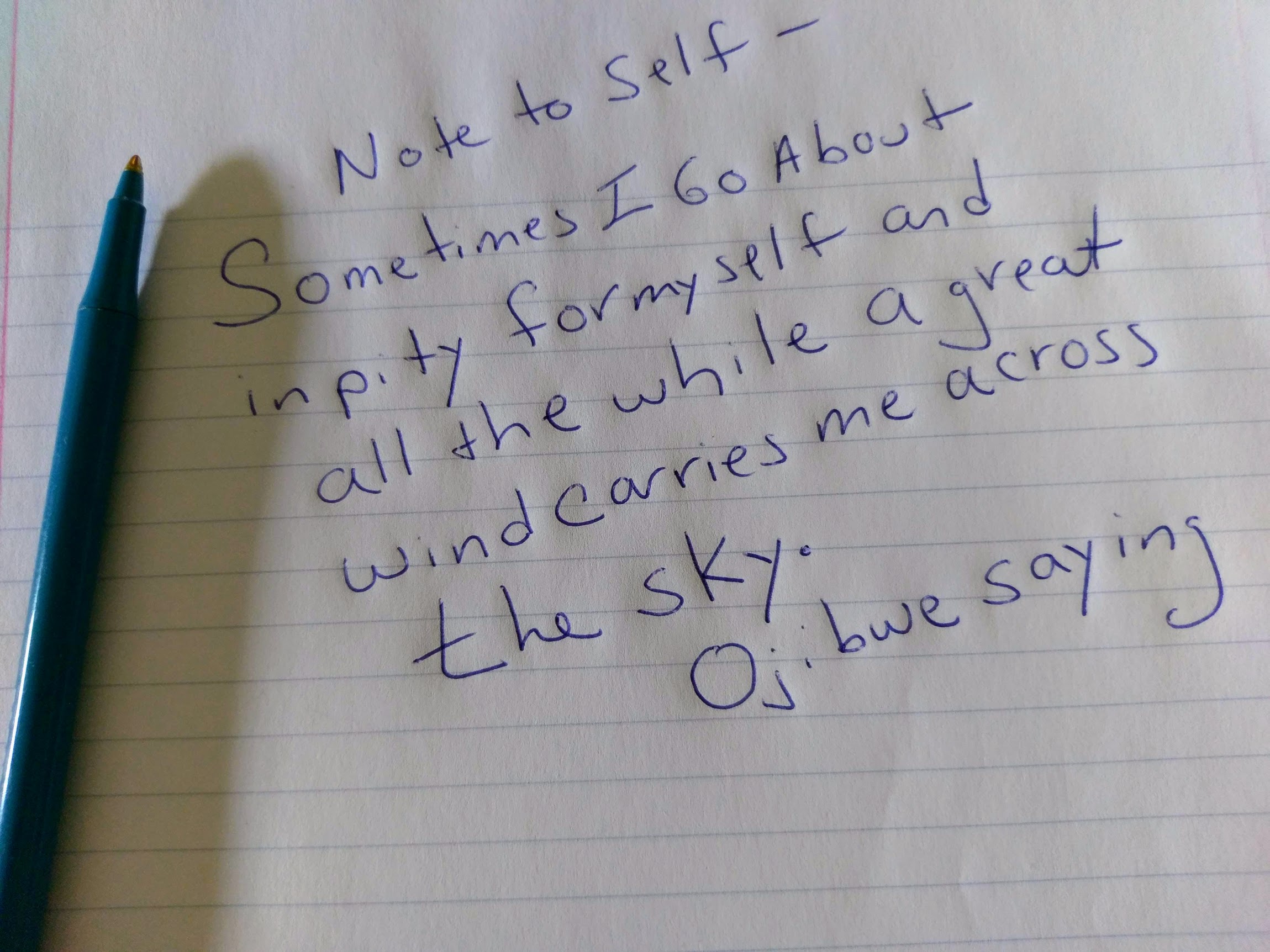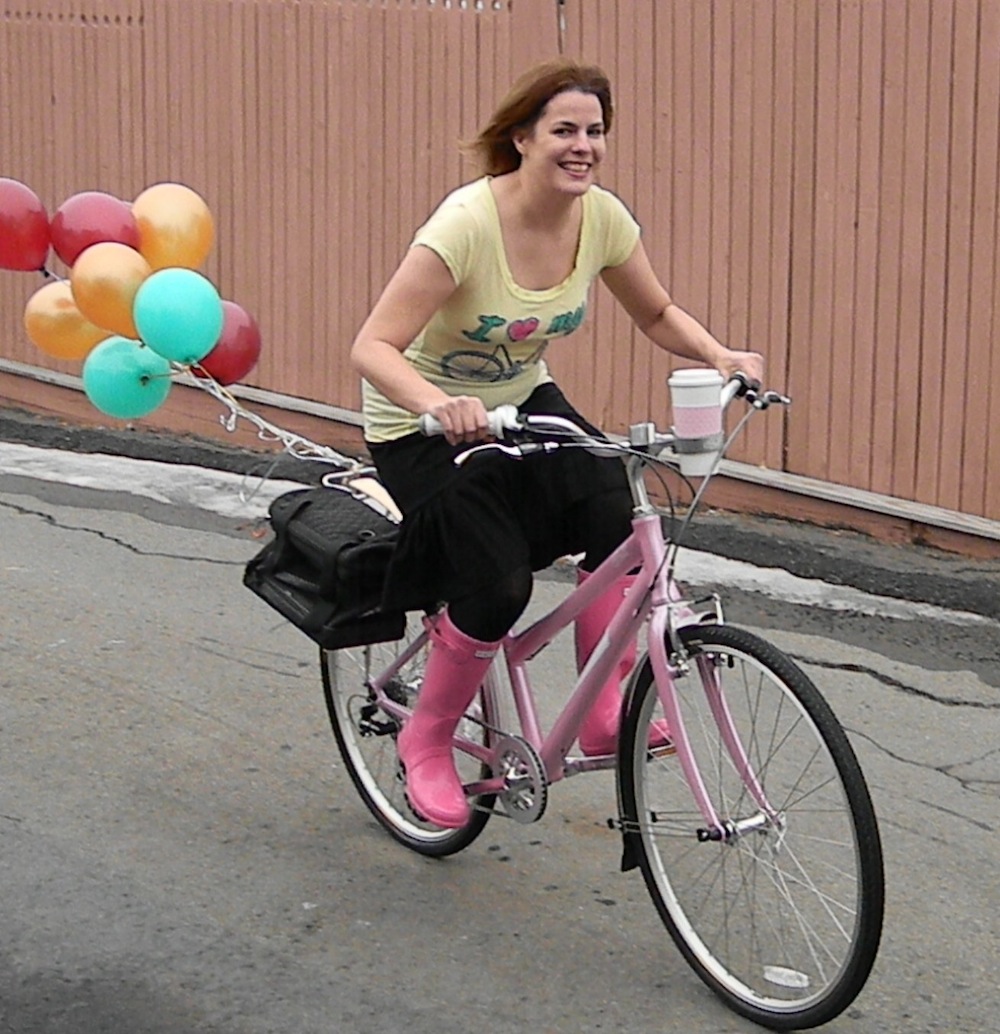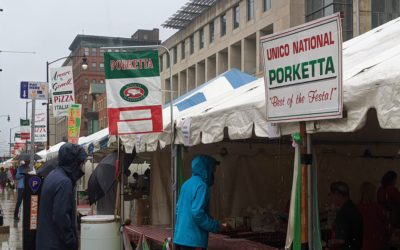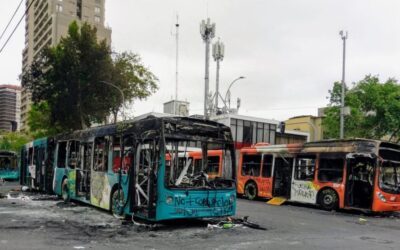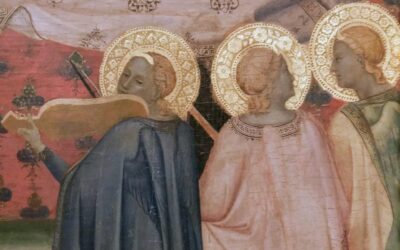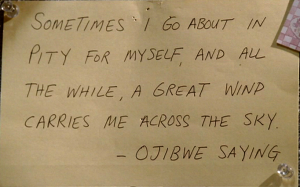 This quote attributed to the Ojibwe Tribe appears in episode three of the final season of The Sopranos celebrating its 20th anniversary this year and which I recently rewatched. The show that launched the anti-hero dramas that we now take for granted is timeless in its exploration of individual choice, morality and the mystery of why we are here. I was unable to find the source of this quote, but it remains a powerful reminder of how foolish we often live our lives.
This quote attributed to the Ojibwe Tribe appears in episode three of the final season of The Sopranos celebrating its 20th anniversary this year and which I recently rewatched. The show that launched the anti-hero dramas that we now take for granted is timeless in its exploration of individual choice, morality and the mystery of why we are here. I was unable to find the source of this quote, but it remains a powerful reminder of how foolish we often live our lives.
This sentence greets Tony Soprano as he recovering after waking up from a life-threatening coma. It is written on a scrap of paper tacked among the get well cards on the bulletin board in his hospital room. No one knows who put it there. The show has always explored questions of good and evil, dreams and even the supernatural, but these themes permeate the final season. While in the coma, Tony wandered in a dream hovering between life and death confronted by his choices. As he recuperates, he converses with another patient, a quantum physicist, who speaks about non-duality and oneness.
For Tony this becomes a kind of koan (a strange or paradoxical phrase, question or story used in the zen tradition for meditation.) He ponders if under an often brutal world there could also be a benevolent presence. His life is a war taking a spiritual and physical toll on him. He has power and money, yet he rages against things he feels are unfair. He makes terrible choices. He suffers panic attacks. He has killed people. He is not happy. As Dr. Melfi, his dedicated therapist, tells him, “You are your own worst enemy.” In a heartbreaking scene she ends their therapy. She witnessed too many of these “almost” moments hoping, as we did, that he would have the courage to make a different choice.
Yet Tony is not a sociopath. Compassion and empathy exist within him along with a sad glimmer of another life he could have led. Fans have debated the cocktail of circumstances that brought him to this place: genetics coupled with a lack of love leading to low self-worth, a borderline personality mother and a violent father. Now he can only follow the path of least resistance, tethered to the gangster code.
Truly evil characters exist on the show who derive sadistic pleasure from their violence and think only of their own base needs. They never explore the soulful questions that Tony does. We root for Tony because, although we may not be violent criminals, we see ourselves in his struggle between what he is and what he could be. We too battle life, pity ourselves and often act in our own self-interest, not attuned to the life outside of ourselves. We want him to find redemption because we want redemption.
For the remainder of the season he quotes the puzzling phrase to others, as he continues to attempt to see through the veil. This is his tragedy. He is trapped in a net of nefarious habits which have become his fate. The wind calls to him over and over but he can’t truly surrender.

Isn’t this a koan for all of us? Challenging us to reflect on how we live our lives. Don’t we go about pitying ourselves when things “don’t work out?” The job, the love, the finances, the novel we never wrote and the list goes on. Don’t we sometimes feel like illness, accidents and other difficult things are somehow willed by the universe against us?
Recently I found myself sitting in despair outside my house on a warm spring day ruminating over everything that wasn’t working in my life. A breeze came and with it a different world. Forsythia. Music of fluttering birds. The neighbor’s pool. My weathered picnic table. All this under a vast blue with the wind breathing with me.
I don’t want to die having pitied myself. I don’t want to be my own worst enemy. I want to surrender to something I don’t completely understand but trust. I won’t always succeed. I will also be an anti-hero. But the wind will still be there. I hope sometimes I notice it.
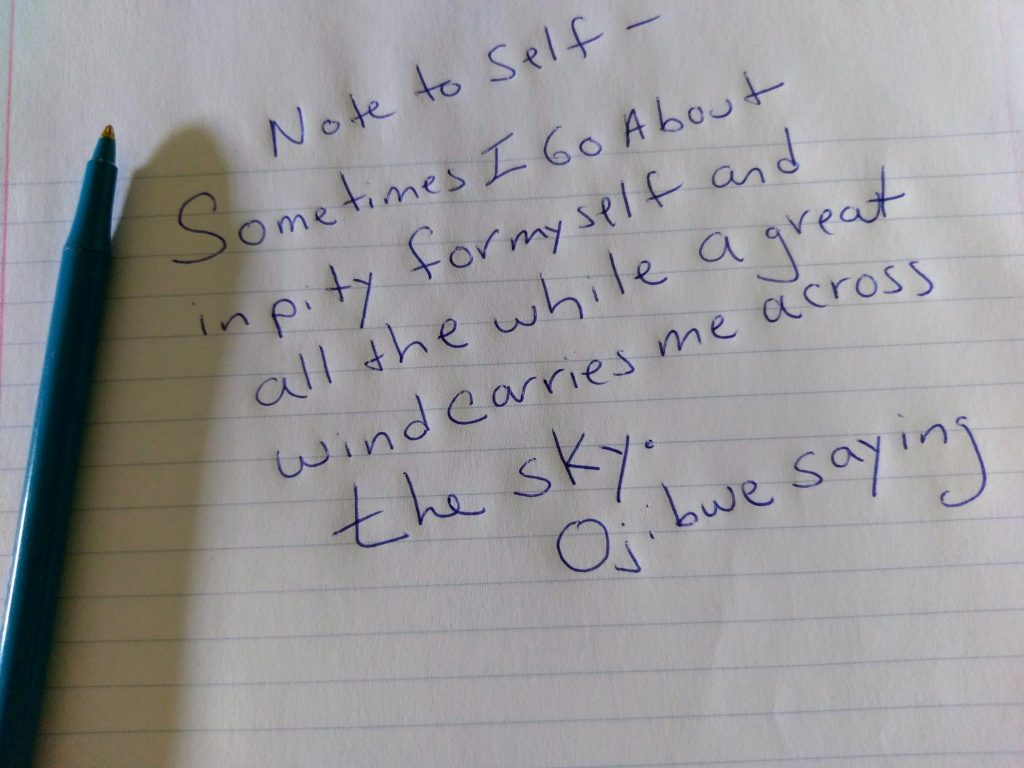
A

